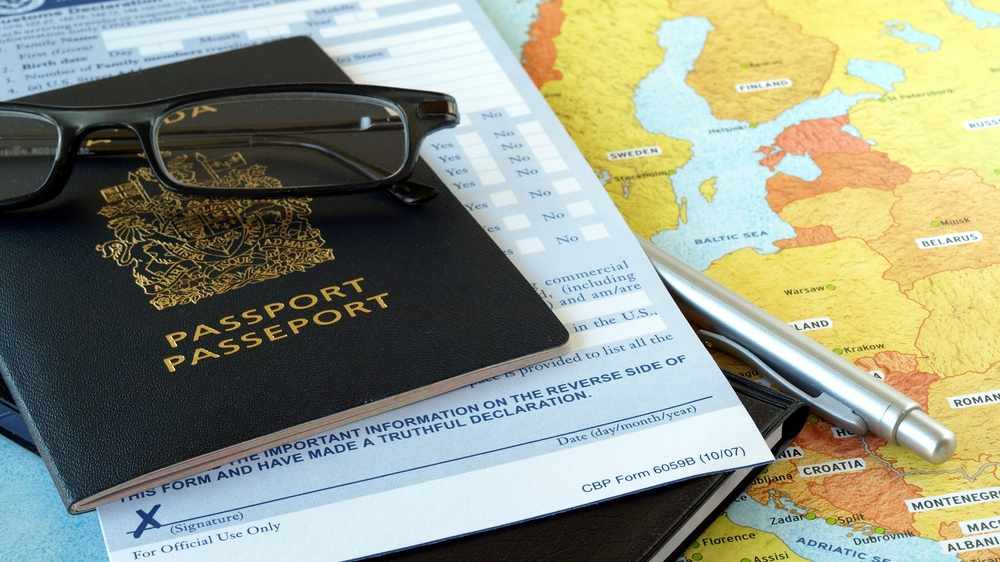
Don't drink the water. That's the advice you may have heard for avoiding traveler's diarrhea. While it's a good start, the devil is in the details.
"There are more nuances to it than just avoiding drinking the water," says Dr. Cindy Kermott, a Mayo Clinic preventive medicine physician. "Foods and drinks that come in contact with water can put you at risk too."
Watch: Dr. Cindy Kermott offers important tips for avoiding traveler’s diarrhea.
Journalists: A broadcast-quality sound bite with Dr. Kermott is in the downloads.
One traveler's diarrhea culprit could be ice cubes in your drink. Dr. Kermott says ice cubes can carry the bug that creates pain in your belly and a cramp in your vacation.
"People don't think about the water that's in those ice cubes," she says.
Dr. Kermott says another common way people develop traveler's diarrhea is by eating raw, sliced fruits.
"Those fruits are washed in water. You can't have those. You can have fresh fruits, but you have to peel it yourself," she says.
In addition to the fruits you peel, Dr. Kermott suggests eating only well-cooked meals and drinking bottled water. Avoid salads and raw, cut vegetables. If you must use tap water, boil it first.
If you do get traveler's diarrhea, avoid caffeine and dairy products, which may worsen symptoms or increase fluid loss. But keep drinking fluids.
Traveler's diarrhea usually resolves itself without treatment. However, it's a good idea to have doctor-approved medications with you when you travel to high-risk areas, in case diarrhea persists.
Read more about preventing traveler's diarrhea.
Watch: The Mayo Clinic Minute.
https://www.youtube.com/watch?time_continue=58&v=EWNQS7npPZY
Journalists: Broadcast-quality video pkg (0:59) is in the downloads. Read the script.







